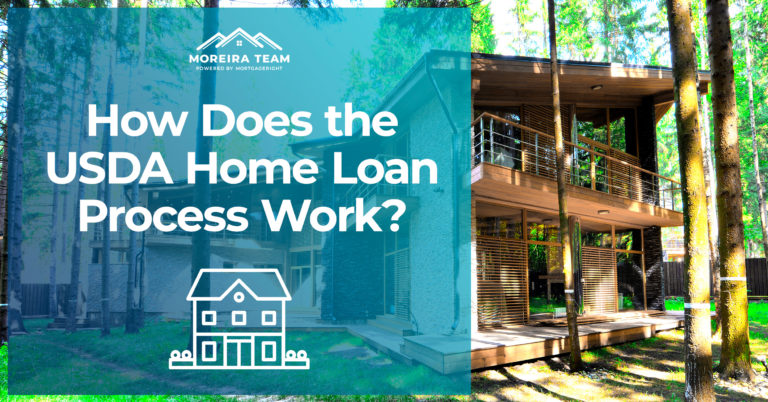Table of Content
If you do, lenders will then take into account your credit score, income and current DTI to determine whether or not you qualify and your interest rate. One option is to work with the lender that originated your first mortgage as you already have a relationship and history of on-time payments. Many banks and credit unions also offer discounted rates and other benefits when you become a customer.
Either way, taking on more debt to pay off existing debt might make a challenging financial situation worse. Before making the decision, consider the pros and cons of how these loans work — as well as your unique financial situation — to decide which one might be better for you. These are high early cash value life insurance policies, meaning they build up cash value far more quickly than ordinary life insurance policies. Cash value is the measurement of how much you can borrow from your policy.
Cash-Out Refinance vs. Home Equity Loans
NerdWallet strives to keep its information accurate and up to date. This information may be different than what you see when you visit a financial institution, service provider or specific product’s site. All financial products, shopping products and services are presented without warranty. When evaluating offers, please review the financial institution’s Terms and Conditions. If you find discrepancies with your credit score or information from your credit report, please contact TransUnion® directly.

Unlike personal and home equity loans, you can make interest-free purchases on a credit card — if you pay the balance before interest has a chance to accrue. Personal loans are typically funded more quickly than home equity loans. They often have higher rates and shorter repayment terms but don't require collateral. Since your new loan likely will have a higher balance, you could end up paying more interest overall than you would by keeping your current loan. You also have to pay closing costs on the refinance, which may take you a while to recoup.
What type of loan do you need?
When you receive a lump sum of cash from a cash-out refi, it is added back onto the balance of your new mortgage, usually causing your monthly payment to increase. A home equity loan is different -- it does not replace your existing mortgage and instead adds an additional monthly payment to your expenses. A traditional lump-sum home equity loan allows you to borrow a specific amount, or a lump sum of money. The loan is a second mortgage and does not impact your existing mortgage. The money borrowed is repaid over a set period of time typically ranging from five to 30 years, at a fixed interest rate.

But the chances are, if you have what it takes to restore it, you wouldn’t have lost it in the first place. You could sell your home, or you could borrow against its equity. Once you submit your application, the final step is closing on your loan. In some states, you'll have to do this in person at a physical branch.
Bankrate
On the pro side, home equity loans can be a more affordable option than some other types of loans due to their relatively low interest rates. In general, lenders allow for a maximum combined loan to value ratio of 80-85%. So, if your home value is $300,000, then the maximum amount available would be $240,000 - $255,000. Your available home equity would be that amount less your mortgage balance.
The third major difference between HELOCs and second mortgages is that HELOCs offer variable interest rates. However, as is often the case in finance, there are pros and cons to this approach. By contrast, second mortgages follow a strict amortization schedule in which each payment includes both interest and principal.
As a result, you might receive a lower interest rate than an unsecured form of debt, like a credit card. However, if you default on the loan, a lender can foreclose on your home. Personal loans are both fixed-rate, lump-sum financing options, but deciding which is right depends on your financial situation, including your income, credit and how much equity you have. Unlike a cash-out refinance, a home equity loan doesn’t replace the mortgage you currently have. For this reason, home equity loans tend to have higher interest rates than first mortgages.
They also often include an appraisal to determine the market value of the property, an application fee for processing the loan, points—one point is equal to 1% of the loan—and an annual maintenance fee. Sometimes lenders will waive these, however, so be sure to ask about them. Home equity loan interest rates are usually higher for this reason.
Before you make any decisions, know what’s involved with each option and the differences between them.

She previously reported on retirement and investing for Money.com and was a staff writer at Time magazine. She has written for various publications, such as Fortune, InStyle and Travel + Leisure, and she also worked in social media and digital production at NBC Nightly News with Lester Holt and NY1. She graduated from the Craig Newmark Graduate School of Journalism at CUNY and Villanova University. When not checking Twitter, Alix likes to hike, play tennis and watch her neighbors' dogs.
They are suited to individuals who need access to a reserve of cash over a period of time rather than upfront, and also come in several types. Cash-out refinancing can be ideal if you intend to stay in your home for at least a year and your interest rate will drop, resulting in lower monthly payments. A cash-out refinancing pays off your old mortgage in exchange for a new mortgage, ideally at a lower interest rate. A home equity loan gives you cash in exchange for the equity you've built up in your property, as a separate loan with separate payment dates. Given that your home equity loans have a loan-to-value ratio limit of 80%, you can access as much as $400,000 across your primary mortgage and your new home equity loan.

To the best of our knowledge, all content is accurate as of the date posted, though offers contained herein may no longer be available. The opinions expressed are the author’s alone and have not been provided, approved, or otherwise endorsed by our partners. If you’re choosing between a HELOC and a cash-out refinance, the right choice depends on your particular needs and your timeline. Generally, it’s important to consider when you plan to use the cash—now, later or in increments—and how long you plan to stay in your home.

No comments:
Post a Comment